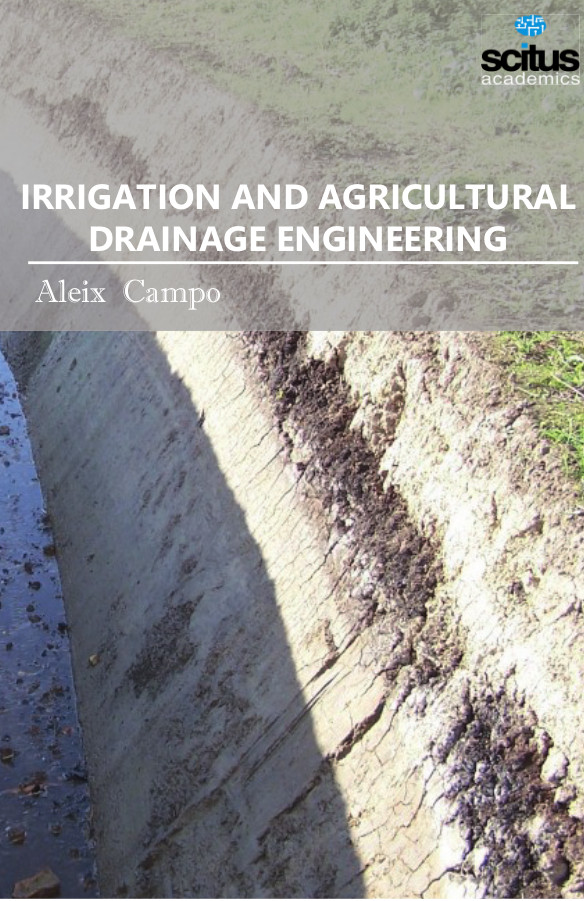Drainage Water Management is a new practice in which water control structures are installed in the main drain lines to hold water back and allow farmers to drain only as needed. Irrigation Engineering is important since it helps determine future Irrigation expectations. Irrigation has been a central feature of agriculture for over 5000 years, and was the basis of the economy and society of numerous societies, ranging from Asia to Arizona. Irrigation can be termed as the artificial process of applying water to the soil to help in growing agricultural crops or maintaining the landscapes when there is shortage of natural water by rain. Additionally, irrigation also has a few other uses in crop production, which include protecting plants against frost, suppressing weed growth in grain fields and preventing soil consolidation. Irrigation is often studied together with drainage, which is the natural or artificial removal of surface and sub-surface water from a given area. water is required for agriculture. sometimes this water requirement is fulfilled by rain, but there are some dry areas where irrigation is the only process by which water is supplied to crops.
Irrigation and Agricultural Drainage Engineering informs students in the application of engineering principles to upkeep useful plant life, with minimum degradation of soil and water resources. The primary objective is to understand soil, water and plant relationships and how they can be applied to better manage natural resources in the production of food and fiber. Aspects covered include: management and maintenance; drainage application and design; and adverse impacts on the environment. This work is of particular value to university students as well as professionals within drainage development, engineering and management.













